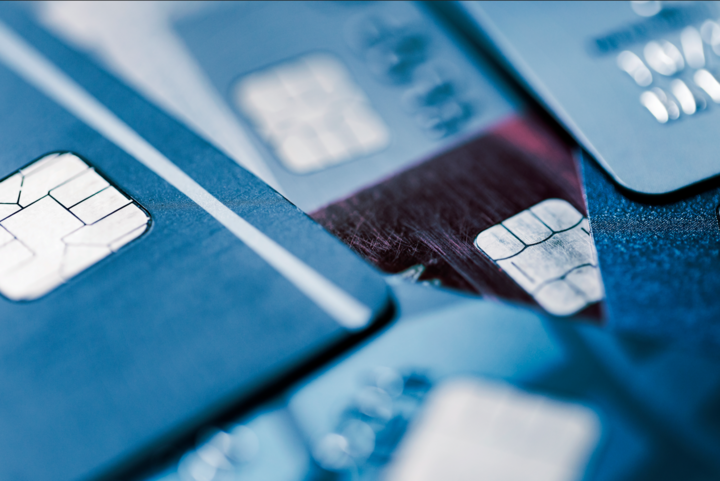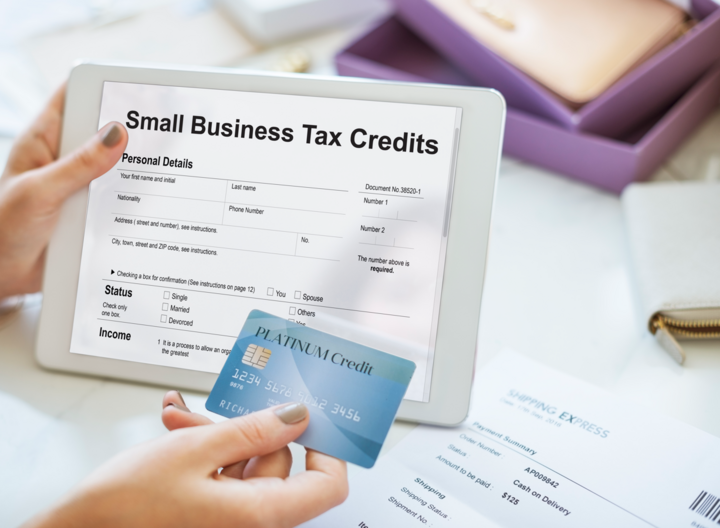A lot of our clients ask us, "What is the difference between a charge card and a credit card?" Both sources of credit have a number of similarities; hence, it is quite natural for consumers to get confused between the two. However, in reality, these credit instruments are quite different from each other – a charge card possesses certain characteristics that a credit card does not, and vice versa. In this post, we'll help you understand the difference between the two kinds of plastic, so that you can decide for yourself which option better suits your purposes.
Similarities
First, let's talk about the similarities. Generally speaking, charge cards and credit cards function in a similar manner. In both cases, the card company issues a line of unsecured credit to the user, which is then used to make payments. In other words, the user takes a short-term loan from the issuer, which has to be repaid by the end of the month.
Charge cards and credit cards offer comparable rewards. Depending on the card you choose, you can earn travel miles, cash back or reward points whenever you swipe your/ card. Some of the fees charged by charge cards and credit cards are similar – you may have to shell out annual fees, late fees or foreign transaction fees for using either of the facilities. Like credit cards, charge cards also affect your credit score; thus, both can be used to establish credit.
Differences
Although charge cards and credit cards share certain similarities, there are some stark differences between the two. Firstly, most charge cards do not have any spending limits – this means that the user can spend virtually limitless amounts of money on one card. In contrast, credit cards come with a preset spending limit. If the cardholder exceeds the credit limit, he or she may have to pay an over-the-limit fee. In some cases, it may even lead to an increase in the user's interest rate. (To learn more about why you should never exceed your credit limit, click here.)
In the case of charge cards, the user is required to pay their balance in full every month. If the entire amount is not paid by the due date, cardholders face a steep penalty. Depending on card terms, the late fee is either a flat fee or a percentage of the outstanding amount. On the contrary, credit cards allow users to roll over their balance every month, as long as they pay the minimum amount due. Thus if you're short on cash during a particular month, you can always clear your bills when the next month comes around, though you may have to pay interest on the outstanding balance. Some credit cards also charge a late fee if the user does not pay the minimum amount by the due date; however, this fee is capped at $35. Moreover, it is applicable only if the cardholder has missed two consecutive payments.
Unlike credit cards, charge cards cannot be used to make cash advances. Additionally, compared to a charge card, the amount that is spent through a credit card has a much greater impact on your credit score. A full 30% of your credit score is determined by how much you owe – and this variable is heavily dependent on your credit utilization ratio. Since charge cards don't have any established credit limits, they are excluded from this calculation; this, in turn, lowers their effect on your credit score.
Charge cards are a great alternative to carrying cash around physically – and a reasonable way to build your credit score if you're sure that you'll be able to pay off your entire balance at the end of every month. However, most businesses usually require credit for a much longer period of time. Organizations may need funds to meet their cash shortfall during lean months. They may even require credit to pay for marketing campaigns or to buy new commercial property. Naturally these investments are unlikely to show results overnight; thus, using charge cards to fund these expenses can prove to be very expensive. In such cases, a better option would be to use credit cards.
Business Credit
Funds&Grow has a great solution where it uses creative credit card financing to help its members procure $250,000 or more of unsecured credit at 0% interest. And unlike charge cards, you don't even need to have excellent credit. For a flat fee, we walk you through the process and help you get the financing you need. All you need to do is call us at (800) 996-0270, and we'll tell you how to get started.
Popular Posts
Instantly Pre-Qualify
Want Actionable Information, Tools and Resources To Quickly Acquire Business Capital, Credit and Funding?
I take tremendous pride in building positive and lasting relationships in my businesses and personal life. Every member of my team is committed to helping our clients get the maximum amount of funding possible and achieve their highest growth potential.



 Share
Share









